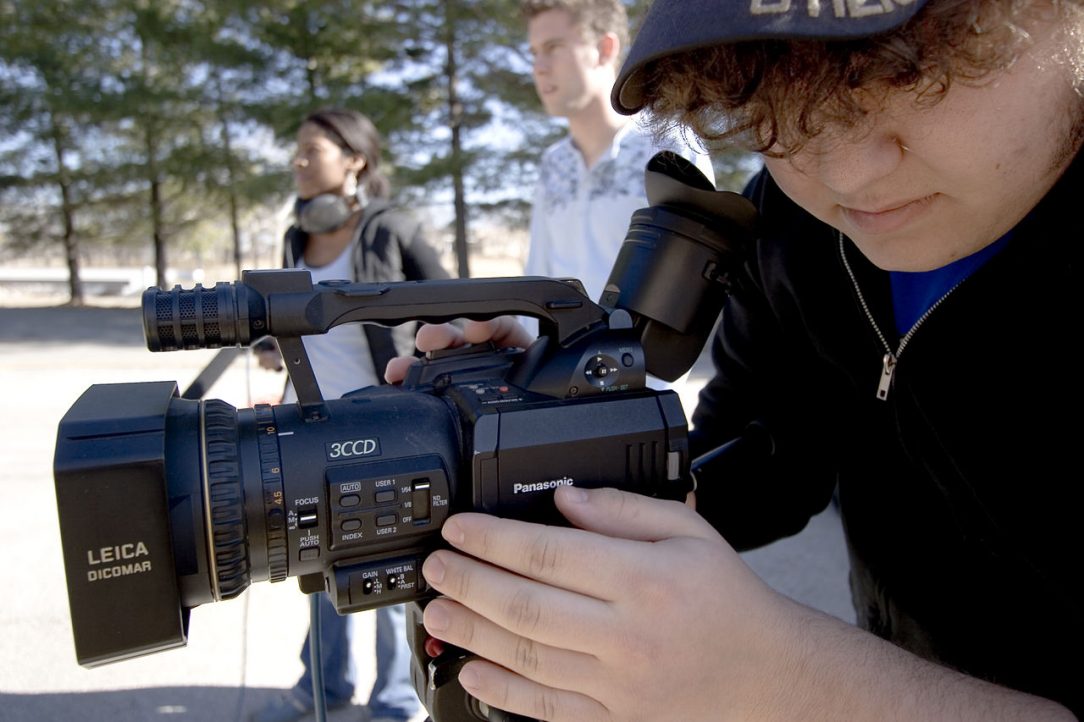StudentCam is an annual competition hosted by C-SPAN for middle and high school students. C-SPAN sets a theme for each year’s contest, and students create a 5-7 minute video related to that theme. In the process, students must navigate the C-SPAN video archive and demonstrate a deep understanding of concepts in civics and government. This […]
Tag: Project Based Learning
Project based learning is an essential component of good civics education for a number of reasons.
First, projects are a great way for students to actually practice being good citizens. They can develop policy solutions, research problems, and interview public officials. They can research candidates and make informed decisions. These are opportunities to learn by doing and become prepared to be engaged citizens after graduation.
Second, project based learning helps make learning more authentic. After students learn about the nuts and bolts of politics, these opportunities to put them into practice show them why things matter. Understanding the legislative process is one thing, but watching a resolution wind its way through the city council makes it come to life.
Finally, tackling problems in this way helps build up a student’s political efficacy – their feeling that they can actually have an impact on their community. It doesn’t matter what students learn about the government if they don’t think that their actions or their vote matters, so it’s important to build up that sense of efficacy.
Youth Participatory Action Research is a way to engage students in investigating an issue of concern that they see in their community. Once they’ve done their research, the students then work on a plan to tackle that issue and make their community better. I first encountered Youth Participatory Action Research – or YPAR – when […]

